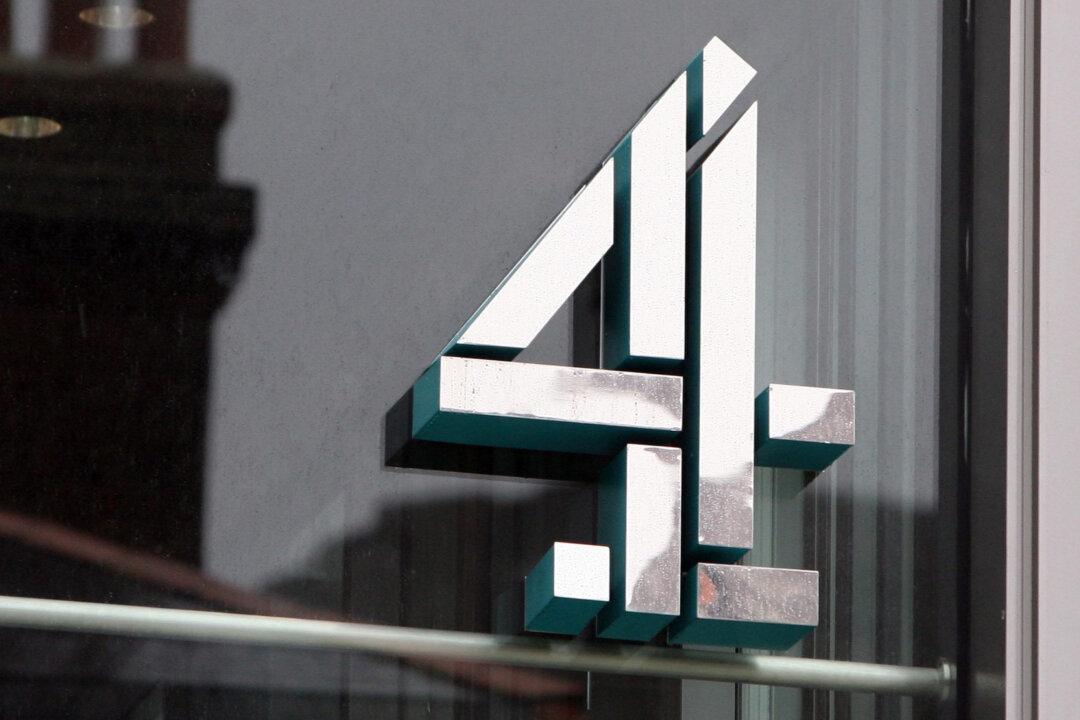The British government has decided to sell Channel 4, a publicly-owned but commercially funded broadcaster, saying privatisation would allow it to “thrive in the face of a rapidly-changing media landscape.”
But the main opposition Labour Party called the move “cultural vandalism,” and a senior Conservative MP questioned if it was intended as the government’s revenge for the channel’s “biased coverage.”





